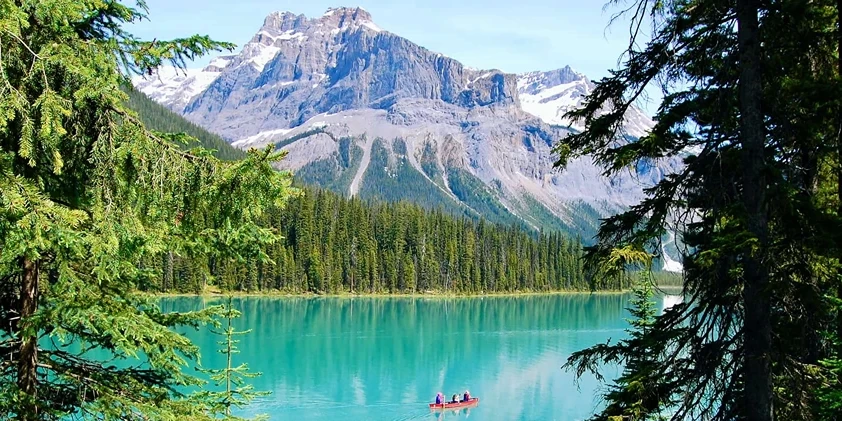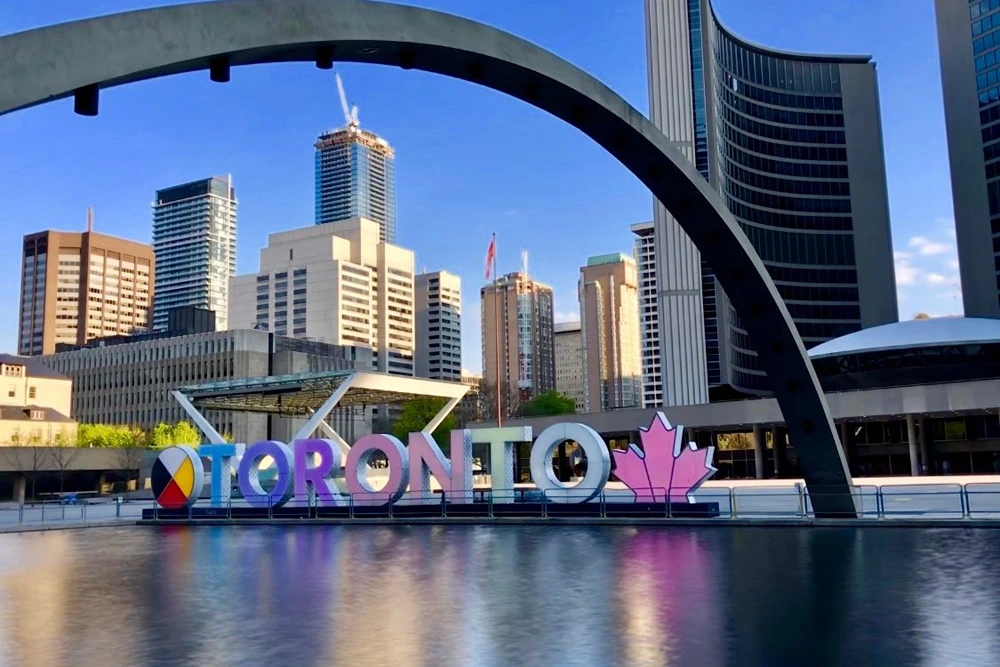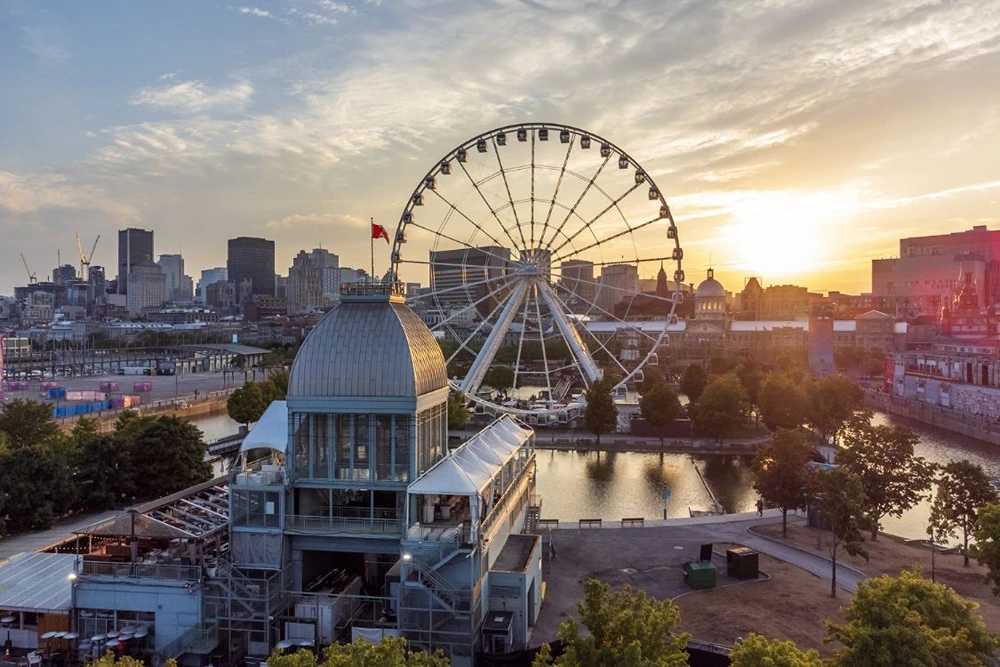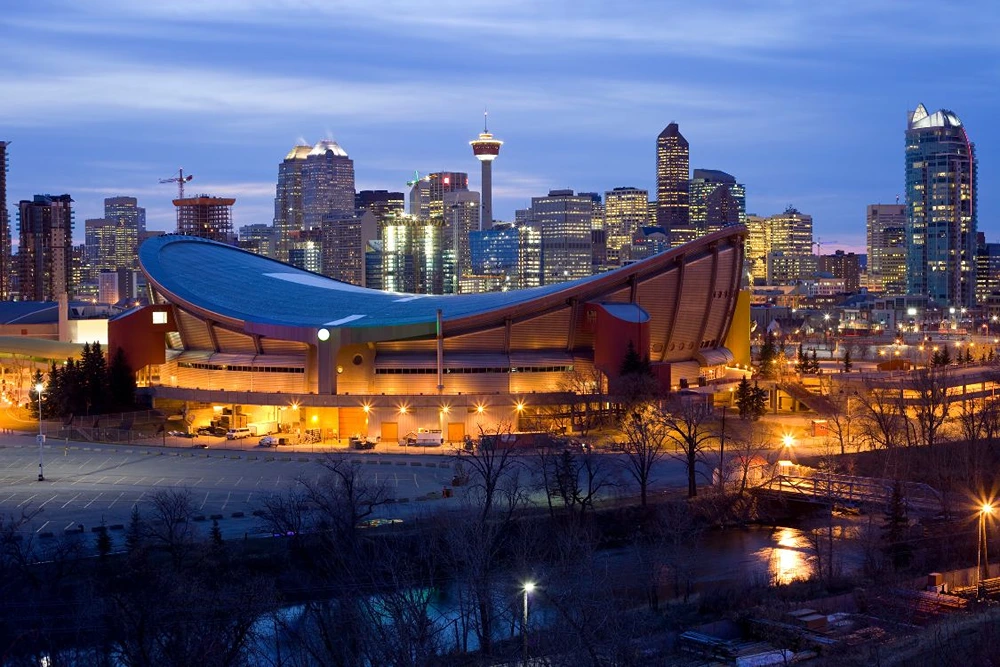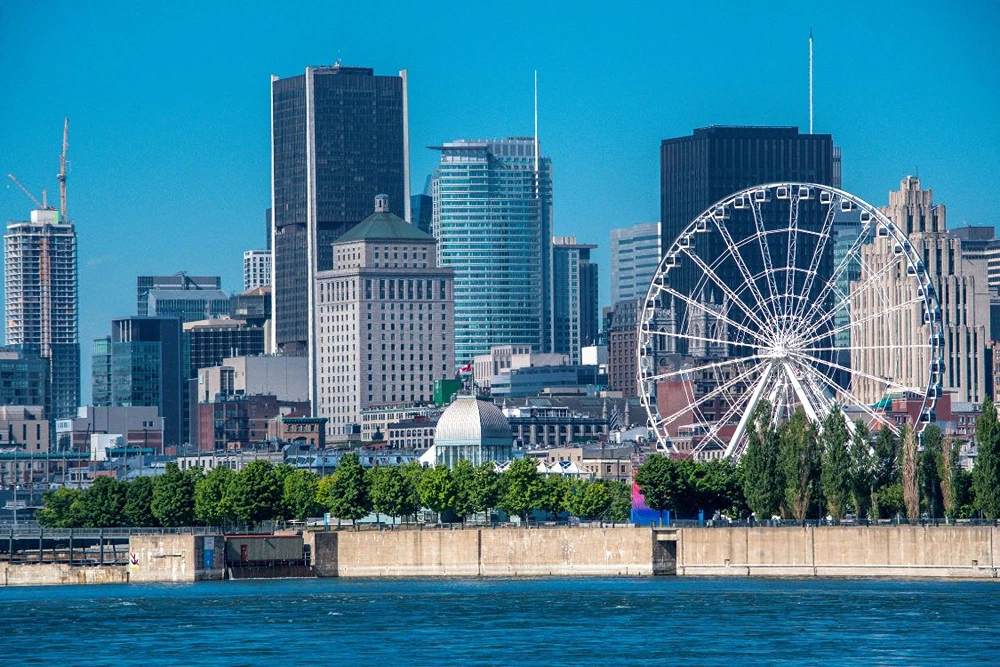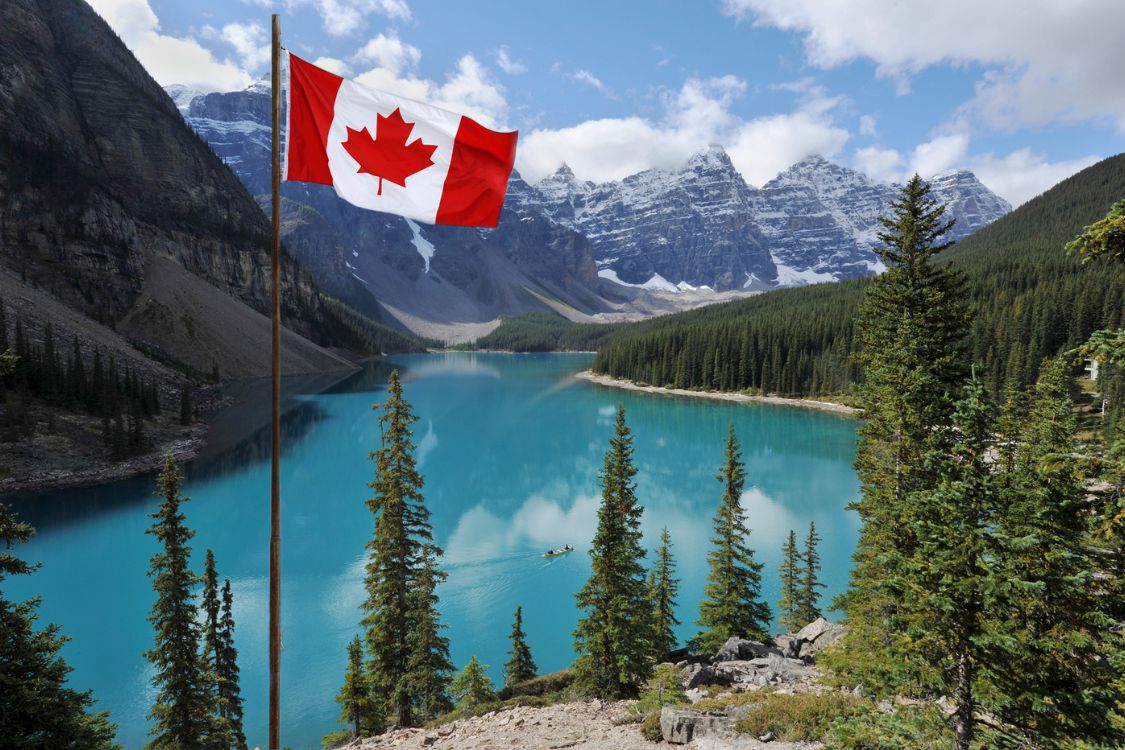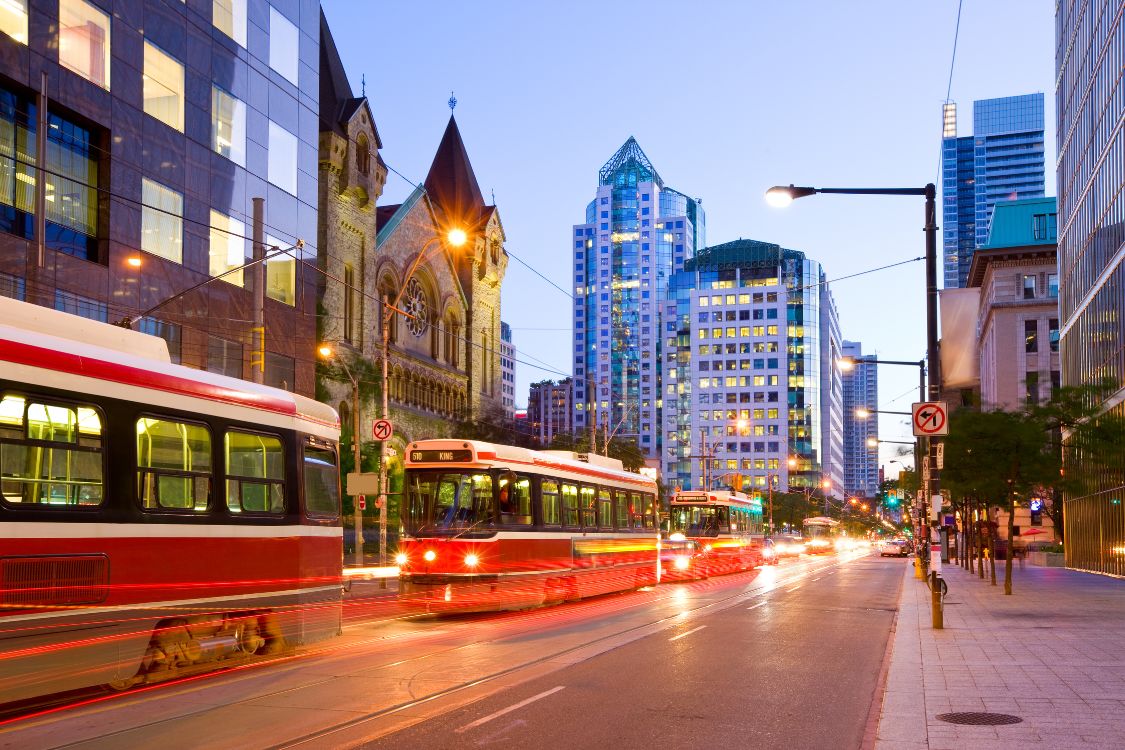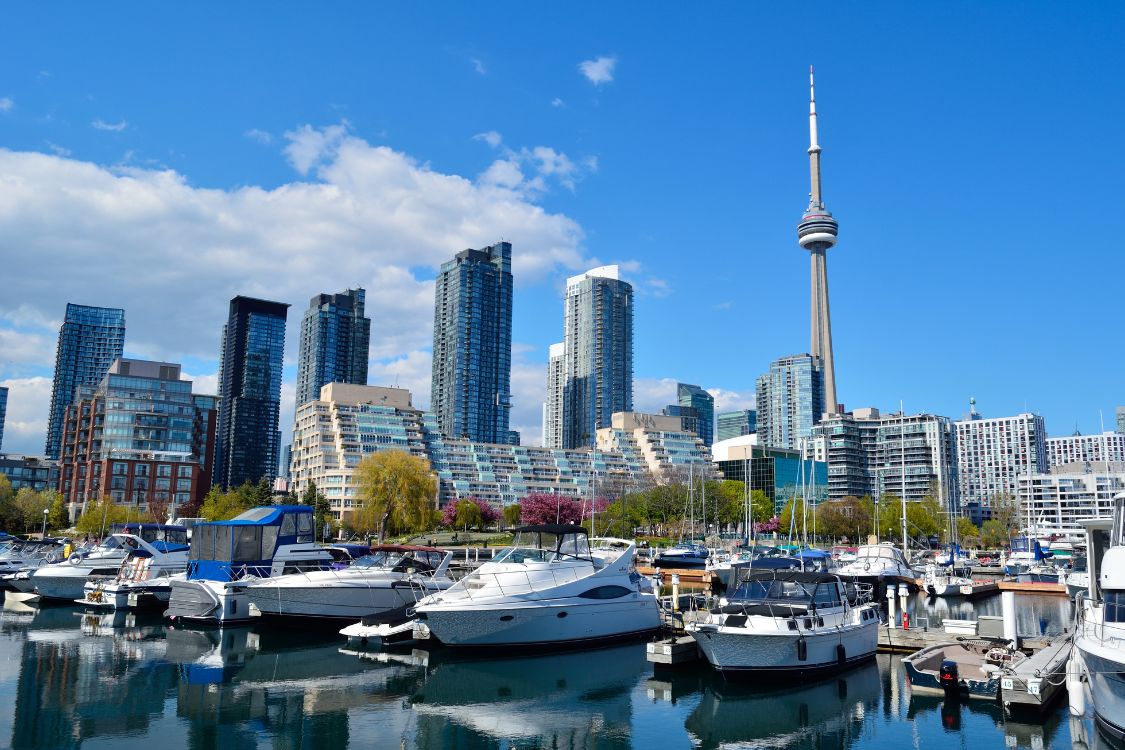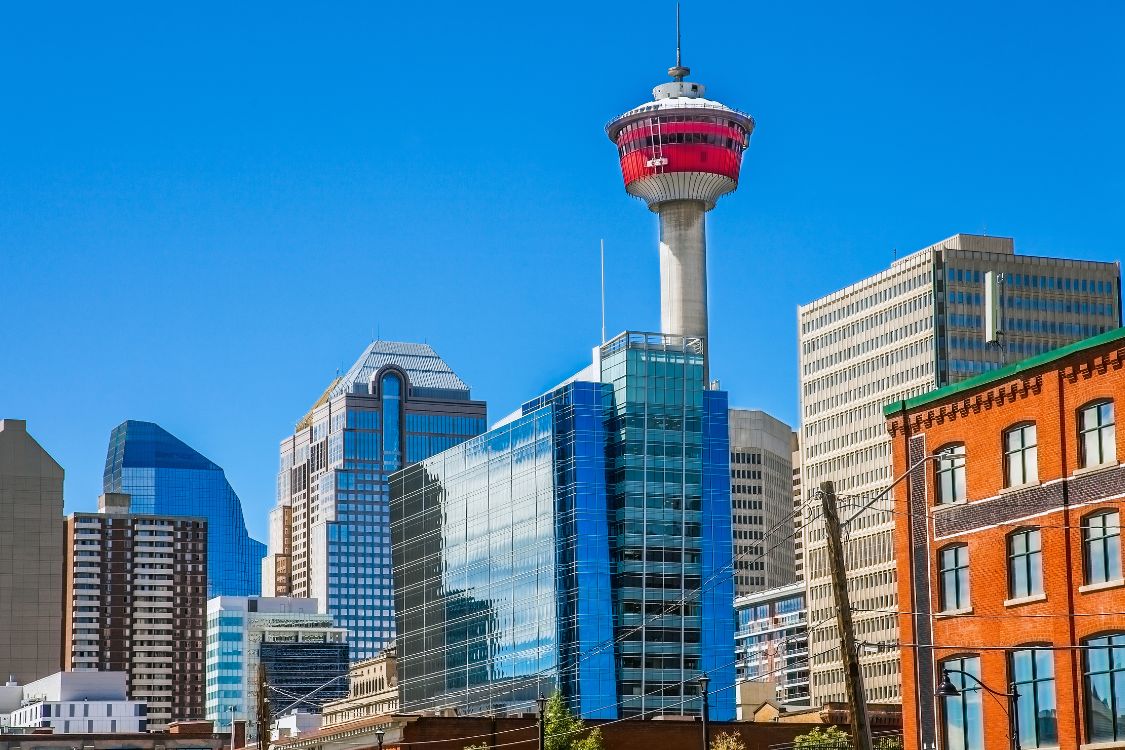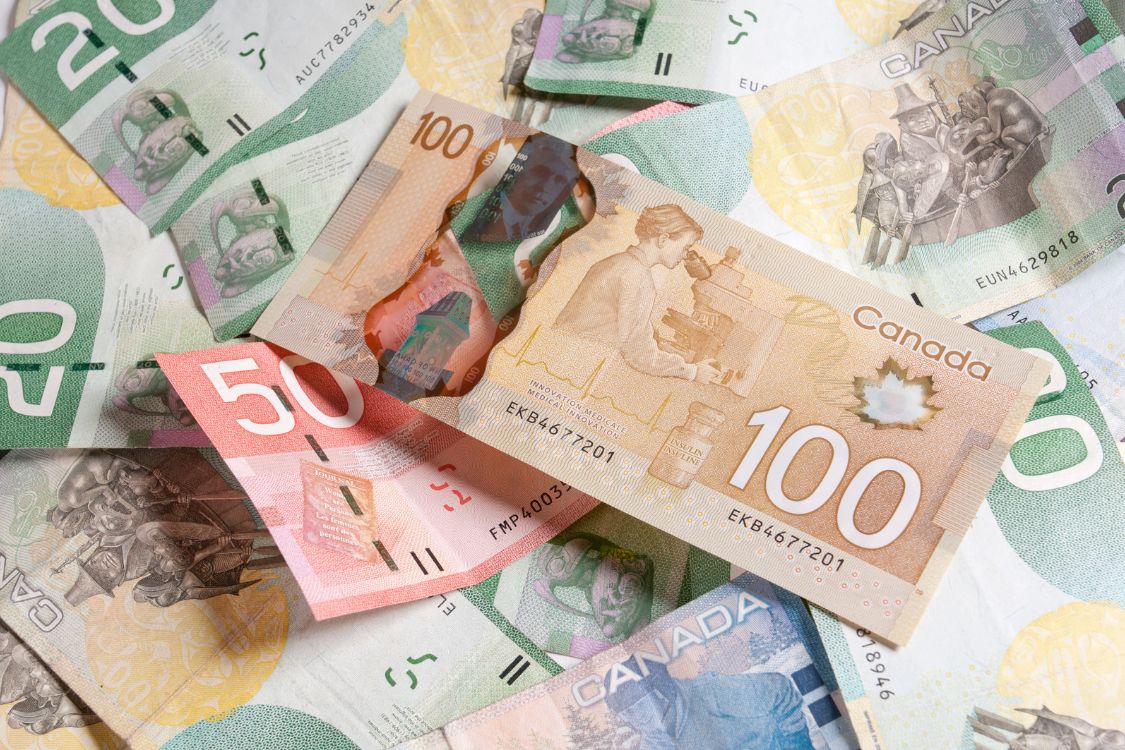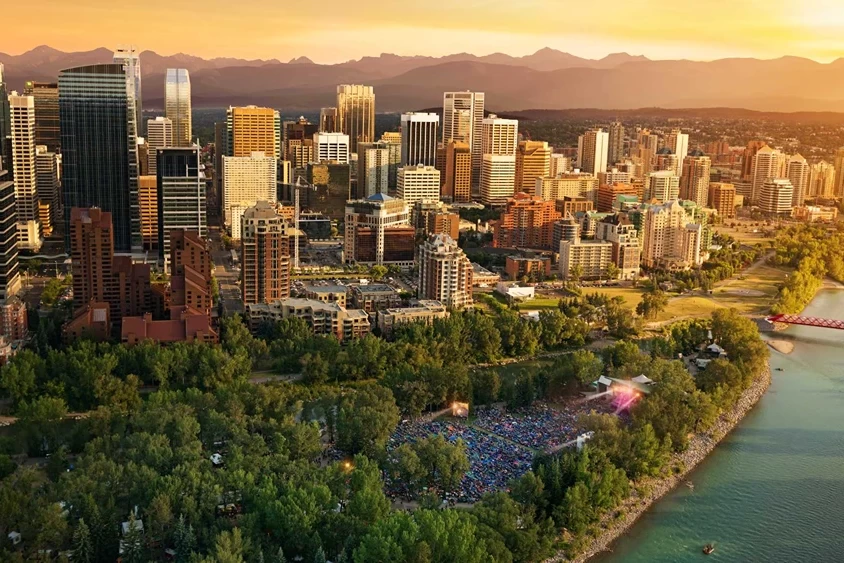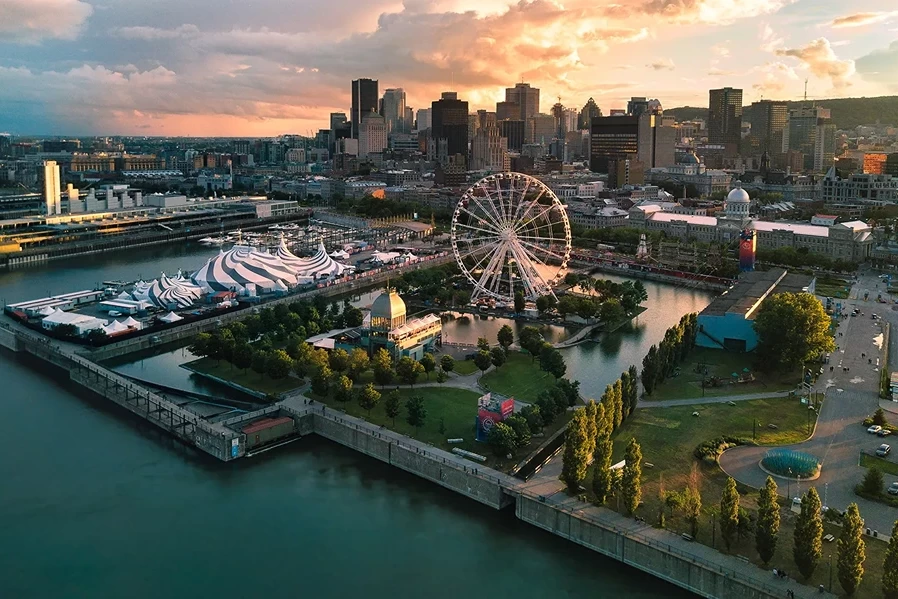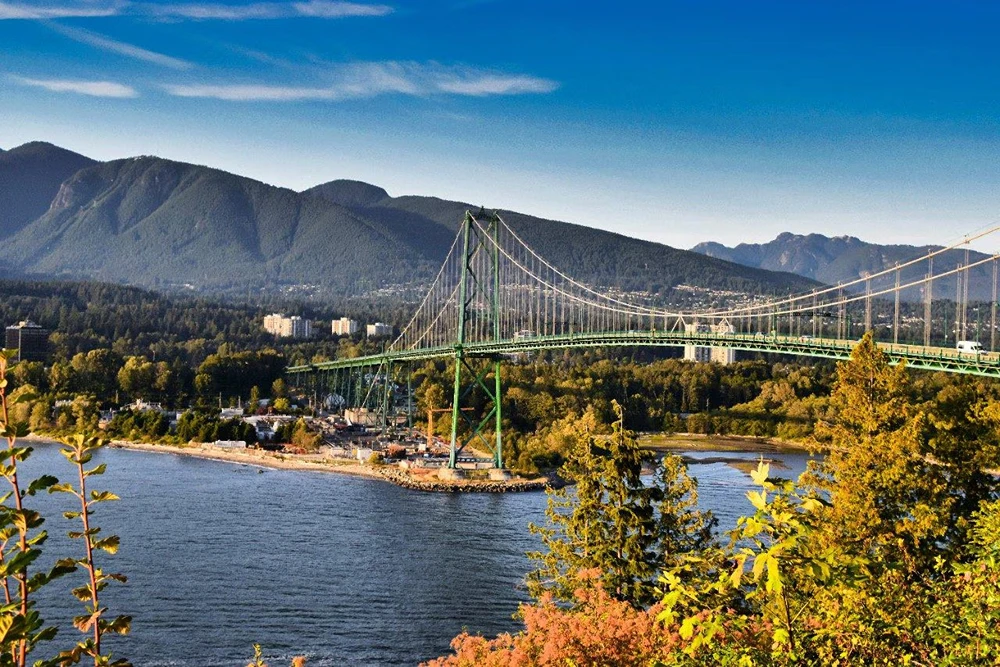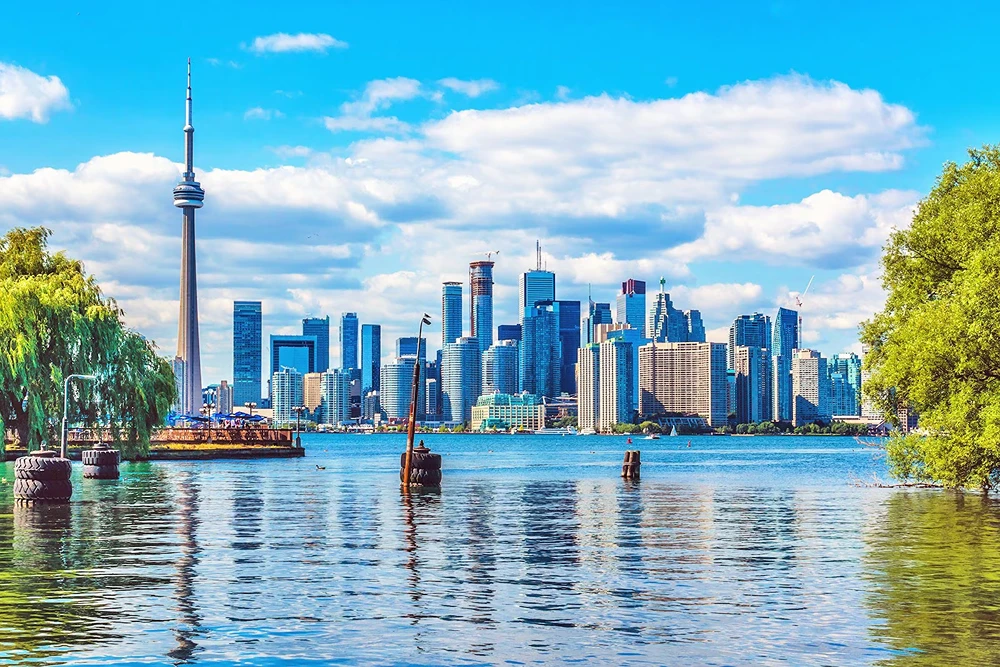Travel Resources
To make your Canadian adventure unforgettable, consider these essential travel resources:
- Flights: Use our flight search tool to find affordable options to major Canadian airports.
- Travel Insurance: Protect your trip with comprehensive coverage, including medical insurance.
- Car Rental: Essential for exploring Canada’s vast landscapes and scenic drives.
- National Parks Pass: Consider purchasing a Discovery Pass for access to over 80 national parks and historic sites.
- Accommodation Booking: Reserve hotels, lodges, or campsites in advance, especially during peak seasons.
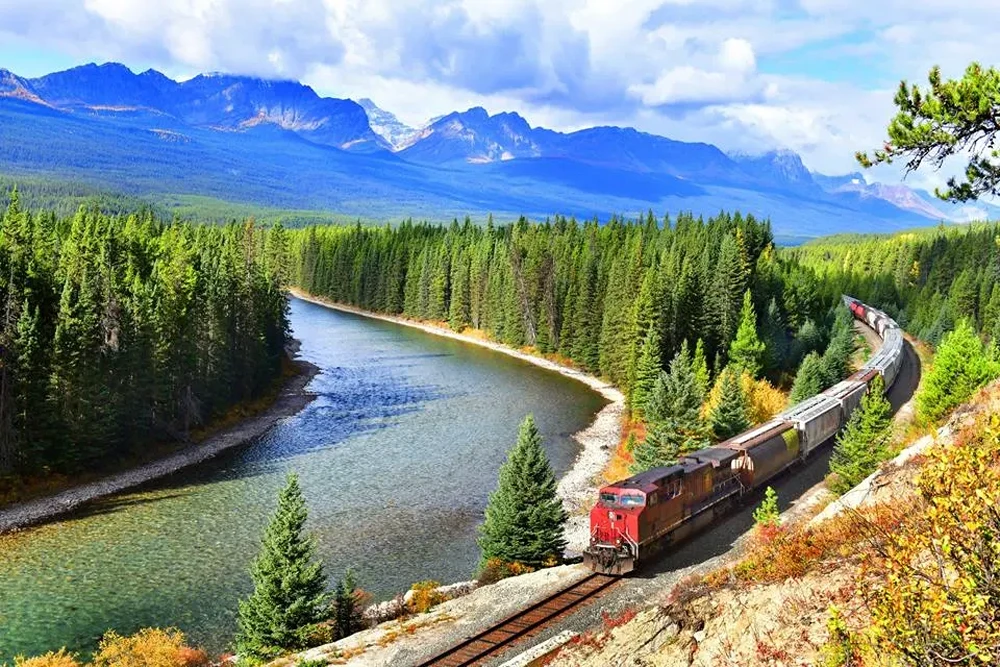
Some History First
Canada’s rich history spans thousands of years:
- Pre-colonial era: Home to diverse Indigenous peoples for millennia.
- 1534: Jacques Cartier explores the St. Lawrence River, claiming land for France.
- 1763: British North America established after the Seven Years’ War.
- 1867: Confederation of Canada as a dominion of four provinces.
- 1931: Statute of Westminster grants Canada full autonomy.
- 1982: Constitution Act patriates the Canadian constitution.
Canada Today
Modern Canada is known for:
- Multiculturalism: Embracing diversity with a mosaic of cultures.
- Natural Resources: Abundant forests, minerals, and energy resources.
- Innovation: Leading in technology, clean energy, and biotechnology.
- Quality of Life: Consistently ranking high in global quality of life indexes.
- Arts and Culture: Vibrant music, film, and literature scenes.
- Environmental Leadership: Commitment to conservation and sustainability.
Is Canada Safe?
Canada is generally considered very safe for tourists:
- Low crime rates in most areas, especially compared to many other countries.
- Excellent healthcare system, though travel insurance is recommended.
- Well-maintained infrastructure and transportation systems.
- Strict gun control laws contribute to overall safety.
However, always take standard precautions:
- Be aware of your surroundings in urban areas.
- Take care in wilderness areas and respect wildlife.
- Prepare for extreme weather conditions, especially in winter.
Where is Canada?
Canada occupies a vast area in North America:
- Second-largest country by total area, covering 9.98 million square kilometers.
- Borders: United States to the south and northwest (Alaska).
- Coastlines: Pacific Ocean (west), Atlantic Ocean (east), Arctic Ocean (north).
- Capital: Ottawa, Ontario.
- Largest cities: Toronto, Montreal, Vancouver, Calgary.
Latest Articles
From The Area
What is the Best Time to Visit Canada?
The best time to visit Canada depends on your interests and the regions you plan to explore:
- Summer (June to August):
- Peak tourist season with warm weather.
- Ideal for outdoor activities, festivals, and sightseeing.
- Popular time for visiting national parks.
- Fall (September to November):
- Beautiful fall foliage, especially in eastern Canada.
- Cooler temperatures and fewer crowds.
- Great for wildlife viewing.
- Winter (December to February):
- Perfect for winter sports like skiing and snowboarding.
- Opportunity to see the Northern Lights in northern regions.
- Festive holiday season in cities.
- Spring (March to May):
- Gradually warming temperatures.
- Good for urban exploring and early hiking.
- Possibility of seeing wildlife with newborns.
How to Get to Canada & Around
Navigating to and within Canada:
- By Air:
- Major international airports in Toronto, Vancouver, Montreal, and Calgary.
- Numerous regional airports serving smaller cities and remote areas.
- Getting Around:
- Car Rental: Best for exploring at your own pace, especially in rural areas.
- Domestic Flights: Efficient for covering large distances between cities.
- Train: VIA Rail offers scenic routes connecting major cities.
- Bus: Greyhound and regional companies provide intercity services.
- Public Transit: Efficient systems in major cities.
Things to Do in Canada
Canada offers a wealth of attractions and activities:
- Natural Wonders:
- Niagara Falls (Ontario)
- Banff and Jasper National Parks (Alberta)
- Bay of Fundy (New Brunswick/Nova Scotia)
- Urban Experiences:
- Cultural Attractions:
- Canadian Museum of History (Gatineau)
- Royal Ontario Museum (Toronto)
- Museum of Anthropology (Vancouver)
- Outdoor Activities:
- Skiing in Whistler (British Columbia)
- Polar bear watching in Churchill (Manitoba)
- Whale watching in Nova Scotia or British Columbia
- Scenic Drives:
- Cabot Trail (Nova Scotia)
- Icefields Parkway (Alberta)
- Sea-to-Sky Highway (British Columbia)
Where To Stay In Canada
Canada offers diverse accommodation options:
- Urban Hotels: Luxury and boutique options in major cities.
- Resorts: Ski resorts in the Rockies, lakeside retreats in Ontario and Quebec.
- Lodges: Rustic accommodations in national and provincial parks.
- Bed & Breakfasts: Charming options in smaller towns and rural areas.
- Camping: Numerous campgrounds in stunning natural settings.
- Unique Stays: Ice hotels, treehouses, and glamping experiences.
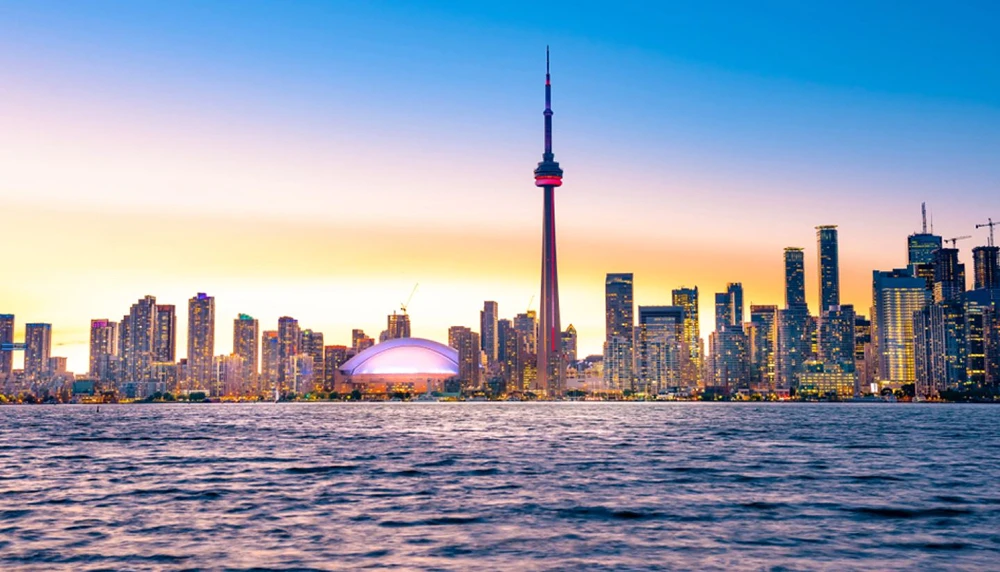
What To Eat In Canada
Canadian cuisine reflects its cultural diversity and regional specialties:
- Poutine: French fries topped with gravy and cheese curds.
- Maple Syrup: Especially in sugar shacks in Quebec.
- Atlantic Seafood: Lobster, mussels, and fish on the East Coast.
- Pacific Salmon: Fresh catches in British Columbia.
- Montreal-Style Bagels: Unique to Montreal.
- Peameal Bacon: A Toronto specialty.
- Nanaimo Bars: Sweet treat from British Columbia.
- Craft Beer: Thriving microbrewery scene across the country.
Don’t miss: Trying local specialties like Saskatoon berry pie in the Prairies or butter tarts in Ontario.
Entry & Exit Requirements
For entry into Canada:
- Valid passport required for most international visitors.
- eTA (Electronic Travel Authorization) required for visa-exempt foreign nationals flying to Canada.
- Visa required for citizens of certain countries.
- Proof of funds and return ticket may be requested.
Always check the latest requirements on the Government of Canada’s official website before traveling.
What To Pack For Your Trip
Essential items for your Canada trip:
- Weather-appropriate Clothing: Layers for varying temperatures.
- Comfortable Walking Shoes: For urban exploration and light hiking.
- Outdoor Gear: If planning wilderness activities.
- Insect Repellent: Especially for summer visits.
- Sunscreen: The sun can be strong, even in winter.
- Camera: To capture Canada’s stunning landscapes.
- Universal Power Adapter: Canada uses 110V, 60Hz electricity.
- Travel Documents: Passport, eTA or visa, and travel insurance information.
Remember to check the weather forecast for your specific destinations, as conditions can vary greatly across this vast country.
FAQs
Check the Government of Canada’s official website to determine if you need a visa based on your nationality.
Explore iconic national parks like Banff, Jasper, Gros Morne, and Algonquin for breathtaking scenery and outdoor adventures.
Yes, take a guided tour to Churchill, Manitoba, for a chance to see polar bears in their natural habitat.


